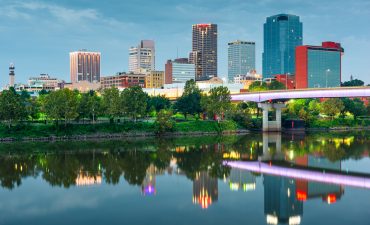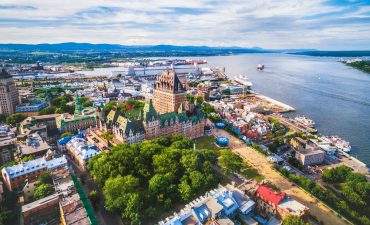Protein is a group of complex organic molecules which consist of carbon, oxygen, hydrogen, nitrogen, sulfur and also have the one or number of amino acids chain. The word synthesis means that when smaller molecules come together to form a larger molecules. Similarly protein synthesis is a process in which small amino acids molecules put together to form a protein molecule or we can say that it is a process by which a cell makes biologically important proteins.
This process consists of two parts one is transcription and other is translation
Transcription
An enzyme called polymerase copies the sequence of D.N.A to similar molecule which is known as messenger R.N.A (mRNA). Polymerase binds itself at a particular area on D.N.A that is called promoter. After this binding D.N.A strands start unwinding. R.N.A polymerase moves in the strand which is opposite to coding strand so it matches the corresponding mRNA nucleotide to DNA. Now mRNA starts elongating with the movement of polymerase. This is called elongation.
Now some modifications are needed for newly formed mRNA so that it can reach the cells of the other parts.
Translation
In this ribosome of cytoplasm uses transfer RNA (tRNA) which attaches to mRNA and translate bases to amino acids. Transfer RNA brings the particular amino acids so that the ribosome can attach to make protein.
Protein synthesis can be done in test tube but it is a time consuming process as amino acids are to be added one by one. But nowadays protein synthesis machine generates short peptide chain up to 50 amino.
Some proteins are not manufactured because we do not know the exact structure or it’s folding it may be very complex. So we are bound to use the natural sources for the production of these proteins.






